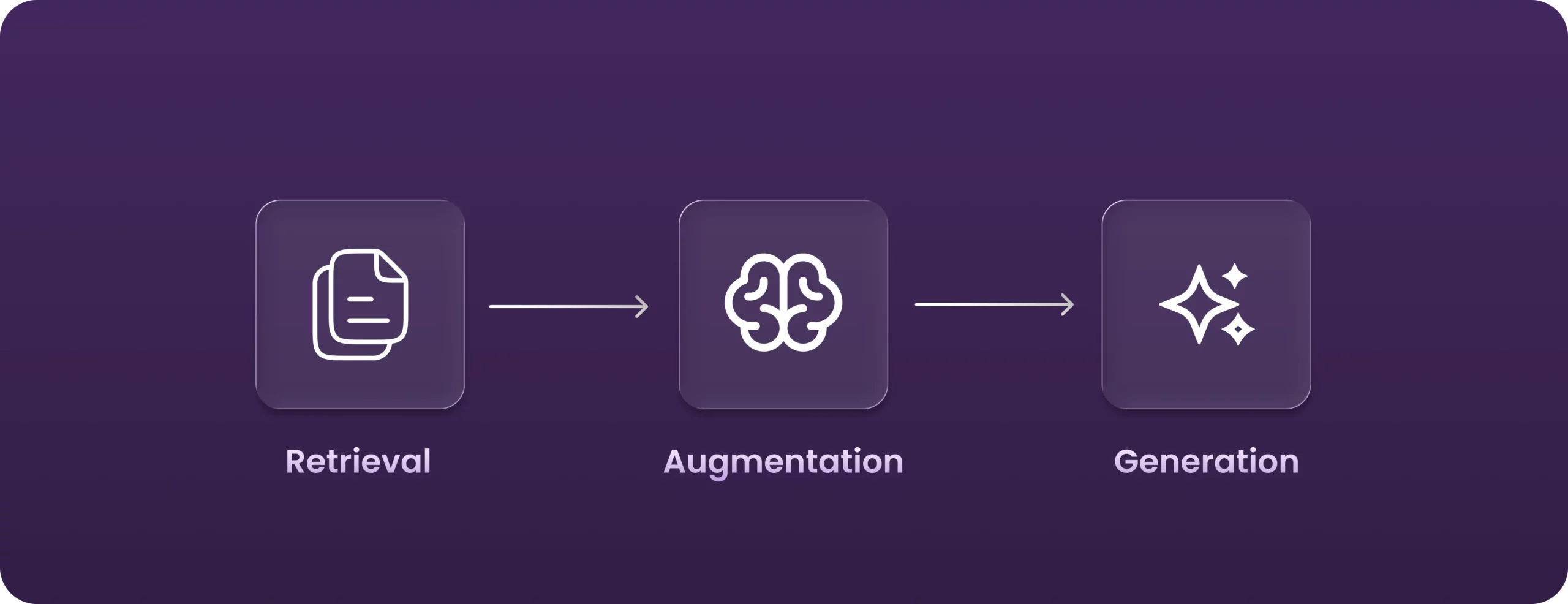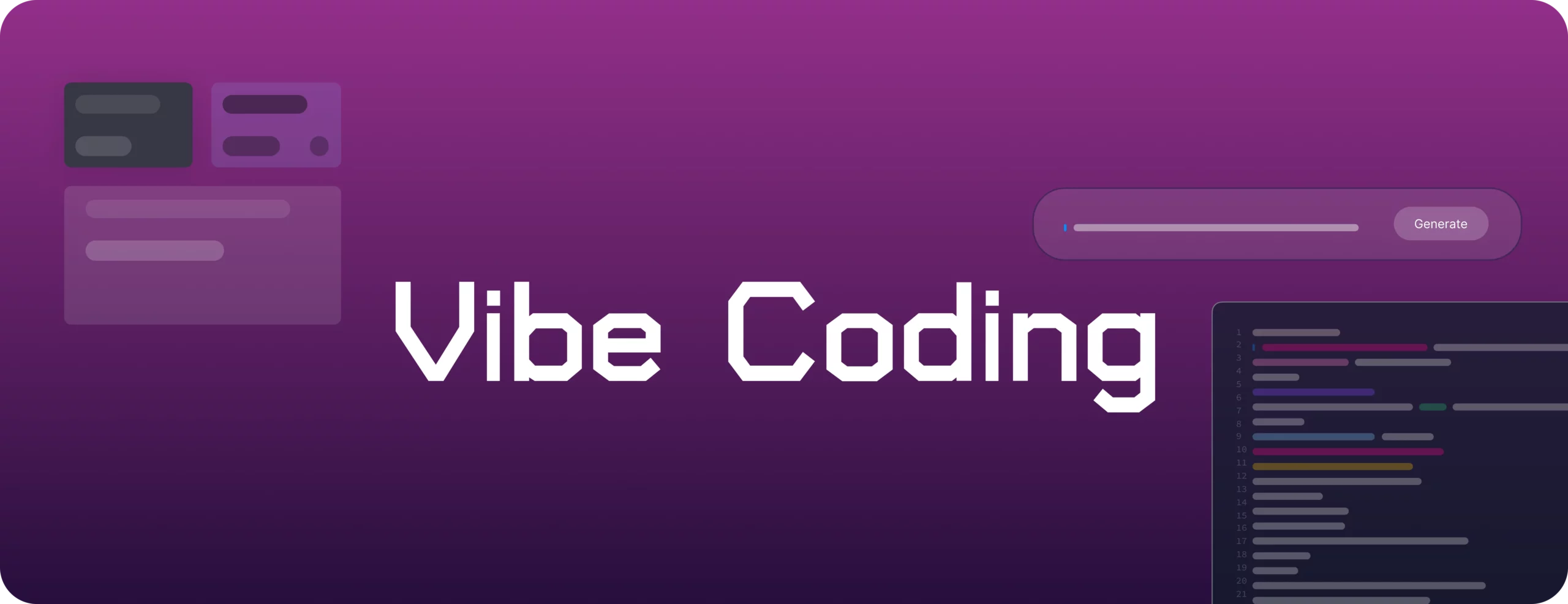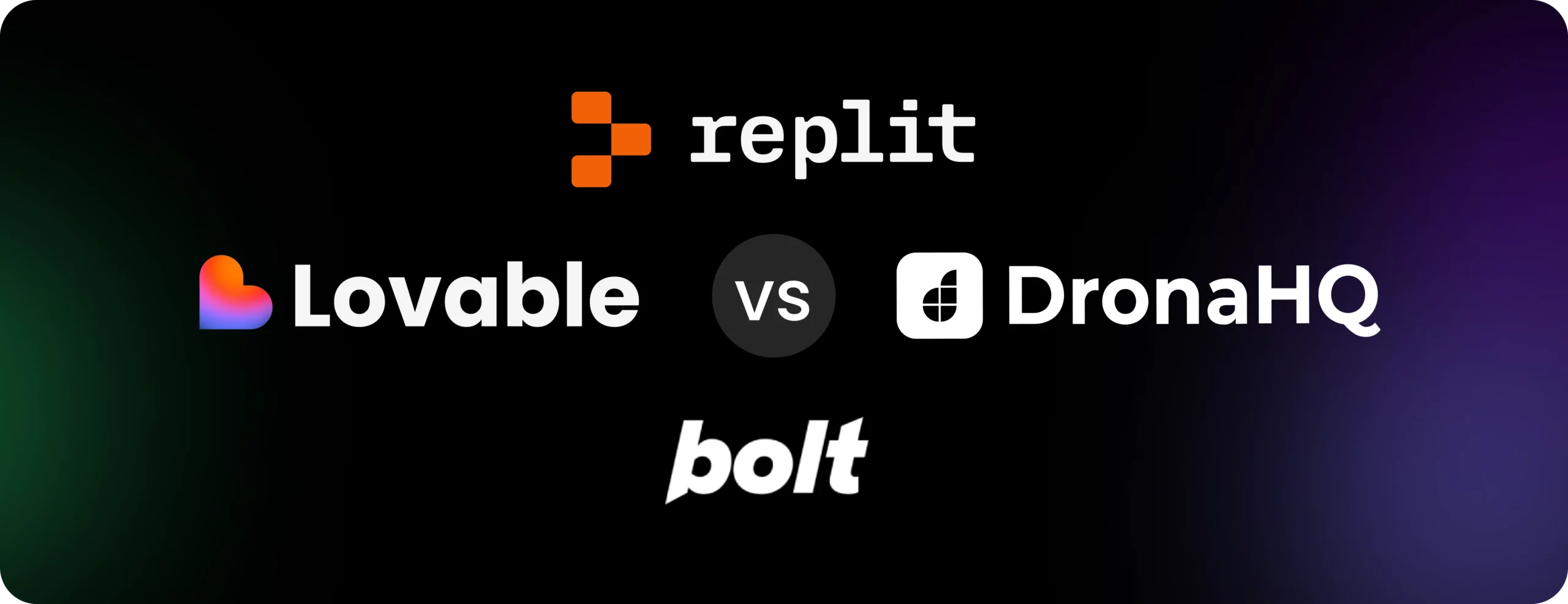
Building AI agents in 2025: Tools and frameworks
Why this blog exists (and why you’ll want to keep scrolling)
Let’s face it: the AI agent world is exploding. We’re talking about AI agents – not just programs that respond, but programs that can think, plan, act, and even collaborate, basically handle real work like your team member. Agent adoption is here and nearly everyone one has plans for it. An article by LangChain- State of AI agents 2024 shows that the top use cases for agents include performing research and summarization (58%), followed by streamlining tasks for personal productivity or assistance (53.5%).
<img>
I’ve been digging deep, exploring the coolest, most impactful AI agent frameworks out there (so that you don’t have to), and I can assure you the future looks less “Skynet” and more “super-efficient digital assistant who also makes coffee runs… if only they had hands.”
The tools included here were selected based on:
- Impact: Does it actually change how work gets done?
- Autonomy: Can it think and act, or is it just a dressed-up chatbot?
- Usability: Can real teams implement this without months of setup?
- Momentum: Is there active development, usage, and traction?
So, whether you’re building, buying, or just trying to keep up—this guide is your personal shortcut into the AI agent toolkit landscape.
The best AI agents (and frameworks) for real-world work
1. Autonomous coding & software development
AutoGen (Microsoft)
It’s Microsoft’s open-source framework that lets you build teams of AI agents who talk to each other to solve complex problems. It is a multi-agent setup, like having a full dev team that collaborates on tasks, from ideation to deployment.
Best for: Multi-agent systems with collaborative logic.
Requires: Intermediate to advanced Python + orchestration knowledge.
Watch out for: Costly API calls and lack of real-time control.
Read more here: Microsoft Research AutoGen Page, 7 Autogen Projects to Build Multi-Agent Systems (ProjectPro)
Note: AutoGen has become a standout in the AI agent world—over 48K stars, 100K monthly downloads, and a vibrant 14K+ user Discord community, so you can expect good support. (github)
Devin AI (Cognition Labs):
Devin AI is marketed as an autonomous coding assistant that can generate and test code for modules; still requires human review and integration. in practice it best accelerates developer workflows for well-scoped modules and still benefits from human review before deployment.
Best for: Fast prototyping of apps or internal tools by lean dev teams
Requires: Access to beta / waitlist; hands-on supervision for QA
Watch out for: Still prone to hallucinations, misfiring function calls, and requires close API and access control management.
Links: Devin AI (Wikipedia), Devin AI: The Software Engineer from Tomorrow – Pesto Tech
Popular Mentions: Cursor.ai, Replit, Lovable, Firebase Studio
2. Intelligent virtual assistants & task automation
For businesses wanting AI agents that can “do” things instead of just talk.
OpenAI agents SDK / functions:
While not an “agent” itself, OpenAI’s powerful models combined with their “Functions” and “Agents SDK” are the core ingredients. This is what allows an AI to not just chat, but actually do stuff – like book your dentist appointment or check live stock prices by using external tools.
How it works (in a nutshell) Think of those slick voice assistants that don’t just understand your commands but can actually act on them. Businesses are building intelligent virtual assistants for customer service that can look up inventory, process returns, or even trigger complex backend operations by simply “talking” to various APIs. It’s bridging the gap between conversation and action in a big way.
Best for: Devs building intelligent assistants, automation bots, or workflow triggers
Requires: Strong API planning, function definition, and testing pipelines
Read more here: OpenAI Documentation (Functions, Assistants API), Building a Voice Assistant with the Agents SDK | OpenAI Cookbook
Microsoft copilot studio & Azure AI agent service:
Microsoft is making it super easy to build AI agents that plug right into your existing workflows. Copilot Studio is your low-code wizard, while Azure AI Agent Service is for the folks who want more granular control. It is low-code + pro tools for building internal bots and external customer service agents.
Best for: Enterprises already deep in the Microsoft ecosystem
Requires: Familiarity with Azure, Power Platform, internal IT governance
Watch out for: Vendor lock-in, limited customization without dev support
Links: Copilot Studio overview – Learn Microsoft, What is Azure AI Foundry Agent Service? (Learn Microsoft)
Amelia (IPsoft/SoundHound):
Amelia is not just a chatbot; she’s an automation platform for repeatable workflows with human-in-the-loop decision-making, handling complex customer interactions and integrating with all your fancy corporate systems.
Pro: Emotionally aware and deeply integrated for serious enterprise tasks.
Con: Price tag screams “corporate only” and verticals are limited.
Watch out for: Still prone to hallucinations, misfiring function calls, and requires close API and access control management.
Links: Amelia | The Leader in Conversational AI, Amelia AI Reviews: Use Cases, Pricing & Alternatives – Futurepedia
Popular Mentions: Perplexity, Convergence, Personal AI
3. Decision-making, research & analytics
For teams handling complex reasoning, competitive analysis, and strategic decisions.
LangGraph (LangChain)
LangGraph is building the backbone for these highly capable, persistent virtual assistants in large-scale customer support and complex decision-making systems. It’s how AI agents handle “if this, then that, but also consider that other thing” scenarios.
Best for: Teams building robust assistants for decision trees or multi-turn workflows
Requires: LangChain proficiency, app orchestration, state management
Watch out for: Debugging complexity, steep ramp-up time
Con: Learning curve is steep and it’s overkill for simple flows.
Read more here: LangChain Blog/Documentation (search for LangGraph), What is LangGraph? (IBM Think Topics)
Google’s ADK / Gemini agents:
Gemini’s “Deep Research” powers autonomous market analysis and data synthesis. Imagine it churning out comprehensive reports in minutes. Wild.
Best for: Market research, competitive intel, enterprise data synthesis
Requires: Google Cloud setup, Gemini familiarity, access to ADK
Watch out for: Complex setup and locked into Google’s ecosystem.
Links: Google Gemini Deep Research Overview, From Prototypes to Agents with ADK – Google Codelabs
Anthropic Claude (Focus on Agentic Capabilities):
Claude isn’t just smart; it’s wisely smart. Anthropic focuses on building agents with strong reasoning and safety, making them ideal for high-stakes environments.
Pro: Reliable for reasoning-heavy, high-trust use cases like law and finance.
Requires: Prompt engineering skills, API access to Claude models
Con: Too cautious at times and still emotionally tone-deaf.
Links: Claude Agents | Intelligent AI Solutions \ Anthropic, Claude Code: Best practices for agentic coding – Anthropic
Honourable Mentions: Grok
4. Marketing, content, & sales automation
For teams managing outreach, nurturing leads, or generating content pipelines.
IBM watsonx orchestrate:
IBM’s Watsonx Orchestrate is all about automating repetitive business processes via drag-and-drop orchestration. It’s a no-code platform that lets you create a symphony of AI agents working together, making sure everything runs smoothly.
Pro: Simplifies repetitive business tasks with no-code automation.
Watch out for: Steep pricing for small teams, workflow rigidity and limited prebuilt agents slow down agility.
Links: IBM watsonx Orchestrate | SalientProcess, Use Cases of IBM watsonx Orchestrate 2025 – TrustRadius
Salesforce agentforce:
It’s the AI agent suite that supercharges your customer relationships, sales, and service, all within the familiar Salesforce environment. It handles lead scoring, personalized outreach, and ticket resolution.
Best for: Sales and support teams using Salesforce as their core CRM
Requires: Salesforce licenses, trained admins for setup
Con: Language limitations and agent caps can stifle complex workflows.
Links: 8 Practical Uses for Agentforce: How Salesforce AI Can Actually Help You (Salesforce Ben)
Popular Mentions: Grok, ability.ai, firsthand, 11x.ai
Final thoughts: we’re not replacing humans — we’re upgrading the way we work
AI agents aren’t some sci-fi threat or distant future bet. They’re here now, quietly (and sometimes loudly) transforming how we build, automate, research, and serve. From dev teams and marketers to analysts and ops leads — the tools in this post are already changing the game.
I pulled this list together not just to show what’s out there, but to spark ideas for what you could build, delegate, or scale with AI. Whether you’re just starting or knee-deep in automation experiments, these frameworks and platforms are the foundation for what comes next.
So take what’s useful, try something out, break things (carefully), and start treating AI agents not as novelties — but as real teammates in the work ahead.
And hey, if you find a new favourite, I’d love to hear about it.




